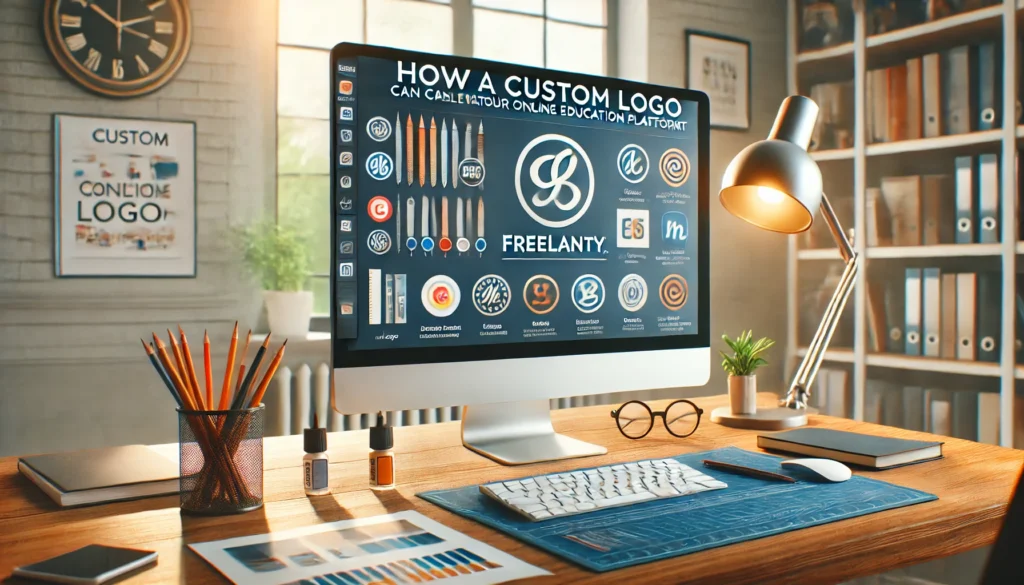Introduction
Video editing has become a crucial skill in the digital age, with applications ranging from personal projects to professional productions. This guide covers everything you need to know about video editing techniques, skills, effects, and career opportunities. Whether you’re a beginner or a seasoned pro, you’ll find valuable insights here.
What Are Video Editing Techniques and Skills
Basic Video Editing Techniques
Basic video editing techniques form the foundation for any video editing project. These include:
- Cutting and Trimming: Removing unwanted sections and organizing clips into a coherent sequence.
- Transitions: Adding visual effects between clips, such as fades or wipes, to create a seamless flow.
- Color Correction: Adjusting colors to ensure consistency and enhance visual appeal.
- Audio Editing: Balancing sound levels, adding background music, and synchronizing audio with video
Advanced Video Editing Techniques
Advanced techniques elevate the quality of video productions:
- Motion Graphics: Integrating animated text or graphics to emphasize key points or add visual interest.
- Green Screen: Replacing the background of a video using chroma key technology.
- 3D Effects: Creating three-dimensional animations or effects to add depth and realism.
- Multicam Editing: Synchronizing and editing footage from multiple cameras for dynamic and professional results.
What Are Video Editing Skills
Technical Skills
Technical skills are essential for effective video editing:
- Software Proficiency: Mastering editing software like Adobe Premiere Pro, Final Cut Pro, or DaVinci Resolve.
- File Management: Organizing and managing media files efficiently.
- Understanding Formats and Codecs: Knowing the best file formats and codecs for different projects and platforms.
Creative Skills
Creativity is just as important as technical know-how:
- Storytelling: Crafting a compelling narrative through careful selection and arrangement of clips.
- Attention to Detail: Ensuring precision in every cut, transition, and effect.
- Aesthetic Sensibility: Making artistic choices that enhance the visual and emotional impact of the video.
What Are Video Editing Effects
Common Video Effects
Some of the most common video effects include:
- Fade In/Out: Smoothly transitioning from or to a blank screen.
- Slow Motion: Reducing the speed of footage to create dramatic or detailed moments.
- Fast Forward: Increasing the speed of footage for comedic effect or to condense time.
Advanced Video Effects
Advanced effects can significantly enhance a video’s impact:
- Time Remapping: Adjusting the speed of different segments within a single clip.
- Particle Effects: Adding elements like smoke, fire, or sparkles to a scene.
- Morphing: Seamlessly transforming one image into another.
Can Video Editing Be a Career
Career Opportunities in Video Editing
Video editing offers various career paths:
- Film and Television: Editing movies, TV shows, and commercials.
- Corporate Videos: Creating promotional, training, and informational videos for businesses.
- Freelancing: Offering video editing services to clients on a project basis.
Salary Expectations
Salaries vary widely based on experience and industry:
- Entry-Level: $30,000 – $50,000 per year.
- Mid-Level: $50,000 – $70,000 per year.
- Experienced Professionals: $70,000 – $100,000+ per year.
Can Video Editing Be a Side Hustle
Balancing Video Editing with Other Jobs
Many people pursue video editing as a side hustle:
- Flexible Schedule: Editing can be done in your free time, allowing you to maintain a primary job.
- Freelance Projects: Platforms like Upwork and Fiverr offer opportunities for short-term gigs.
Monetizing Your Video Editing Skills
Ways to monetize video editing include:
- YouTube Channel: Creating and monetizing your own video content.
- Social Media Management: Offering video editing services to social media influencers and businesses.
- Online Courses: Teaching video editing through platforms like Udemy or Skillshare.
Can Video Editing Be Replaced by AI
Current AI Capabilities in Video Editing
AI has made significant strides in video editing:
- Automated Editing: Tools like Adobe Sensei can automate certain editing tasks.
- AI-Generated Content: Some AI systems can create basic videos from templates and inputs.
The Future of AI in Video Editing
While AI can assist with editing, it cannot fully replace human creativity:
- Creative Decisions: AI lacks the nuanced understanding of storytelling and artistic choices.
- Personal Touch: Human editors bring unique perspectives and emotions to their work.
Can Video Editing Be a Hobby
Getting Started with Video Editing as a Hobby
Video editing is a rewarding hobby:
- Basic Equipment: A computer, editing software, and a camera or smartphone.
- Learning Resources: Free tutorials and community forums can help you get started.
Benefits of Video Editing as a Hobby
Enjoy numerous benefits:
- Creative Expression: Share your stories and ideas through video.
- Skill Development: Improve your technical and creative skills.
- Community Engagement: Connect with other hobbyists and share your work.
Can Video Editing Be Self-Taught
Resources for Self-Learning Video Editing
There are plenty of resources available for self-learners:
- Online Tutorials: YouTube, Lynda.com, and other platforms offer free and paid tutorials.
- Books and E-Books: Many comprehensive guides are available for all skill levels.
Challenges and Tips for Self-Taught Editors
Overcoming challenges and improving your skills:
- Practice Regularly: Consistent practice is key to mastering video editing.
- Seek Feedback: Join online communities and seek constructive criticism.
- Stay Updated: Keep up with the latest trends and software updates.
How Video Editing Is Done
Pre-Production
Planning is crucial:
- Scriptwriting: Develop a script to guide your editing process.
- Storyboarding: Create visual outlines of your video.
Editing Process
The core of video editing:
- Importing Footage: Transfer your video files into the editing software.
- Organizing Clips: Arrange your clips in a logical sequence.
- Applying Effects: Enhance your video with transitions, effects, and corrections.
Post-Production
Final touches:
- Sound Design: Add and refine audio elements.
- Color Grading: Adjust the overall color scheme for a polished look.
- Exporting: Choose the right format and settings for your final video.
Where to Learn Video Editing
Online Courses
Some top platforms:
- Coursera: Offers courses from top universities.
- Udemy: Wide range of affordable courses.
- LinkedIn Learning: Professional-grade tutorials and certifications.
Workshops and Bootcamps
Intensive learning options:
- Film Schools: Many offer short-term courses and workshops.
- Community Colleges: Affordable and accessible learning opportunities.
College Programs
Degree programs for aspiring professionals:
- Bachelors in Film Production: Comprehensive education in video production and editing.
- Technical Certificates: Focused training in specific editing software.
Where to Start Video Editing
Choosing the Right Software
Selecting the best software for beginners:
- iMovie: User-friendly and perfect for Mac users.
- Adobe Premiere Elements: Affordable and feature-rich for beginners.
- DaVinci Resolve: Free version with professional-grade features.
Basic Editing Projects for Beginners
Starting with simple projects:
- Family Videos: Practice editing home videos to improve your skills.
- Short Films: Create short narrative videos to experiment with storytelling.
- YouTube Videos: Start a YouTube channel and practice editing regularly.
Best Video Editing Service Providers: Freelanty.com
Freelanty.com stands out as a top service provider:
- Wide Range of Services: Offers video editing, motion graphics, and more.
- Professional Editors: Experienced and skilled professionals ensure high-quality results.
- Affordable Pricing: Competitive rates for various editing needs.










